Optimal Timing for Blower Door Testing
Blower door testing is most effective when performed during specific periods to ensure accurate results and optimal building performance. The best time typically depends on climate conditions, building occupancy, and construction phases. Conducting the test during moderate weather conditions helps avoid inaccuracies caused by extreme temperatures or wind.
Perform blower door testing during mild weather to minimize external influences such as wind and temperature fluctuations.
Testing after construction completion ensures all building components are in place, providing accurate air leakage measurements.
Conduct tests before occupancy to identify and address air leaks, improving energy efficiency and indoor air quality.
Avoid testing during extreme seasons; spring and fall are generally ideal for reliable results.
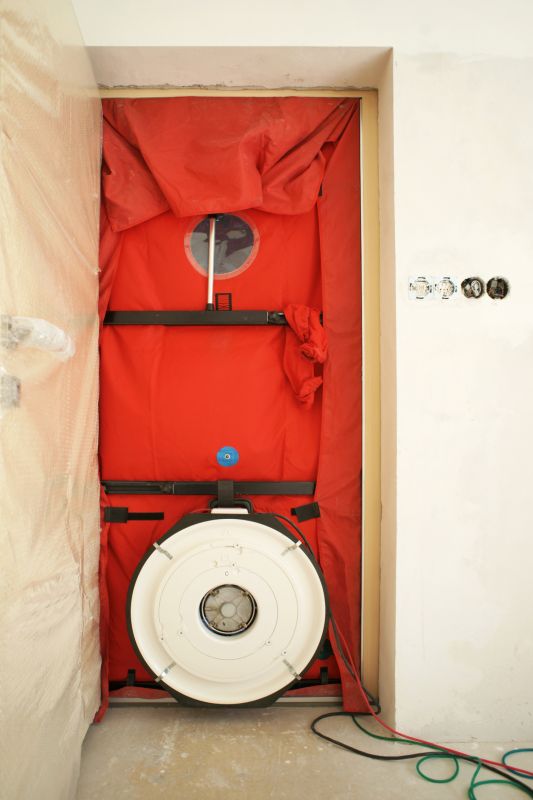
Technicians install the blower door device to measure air leakage levels accurately.
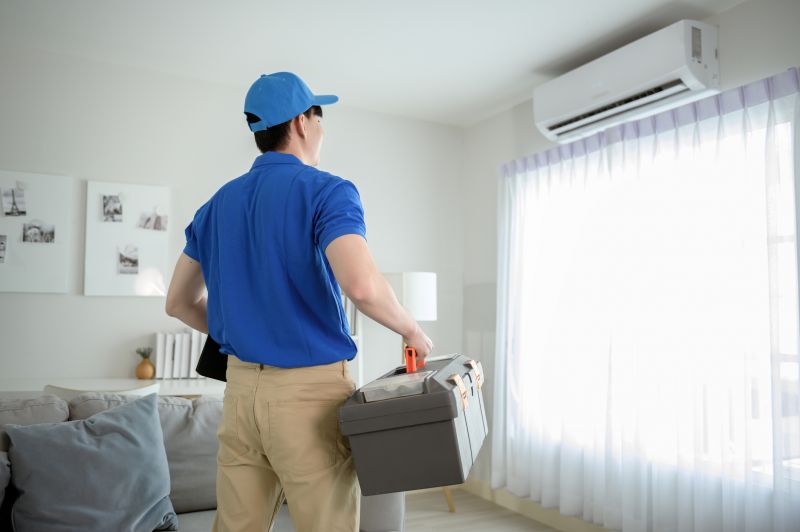
The blower door creates a pressure difference, revealing leaks and areas needing sealing.
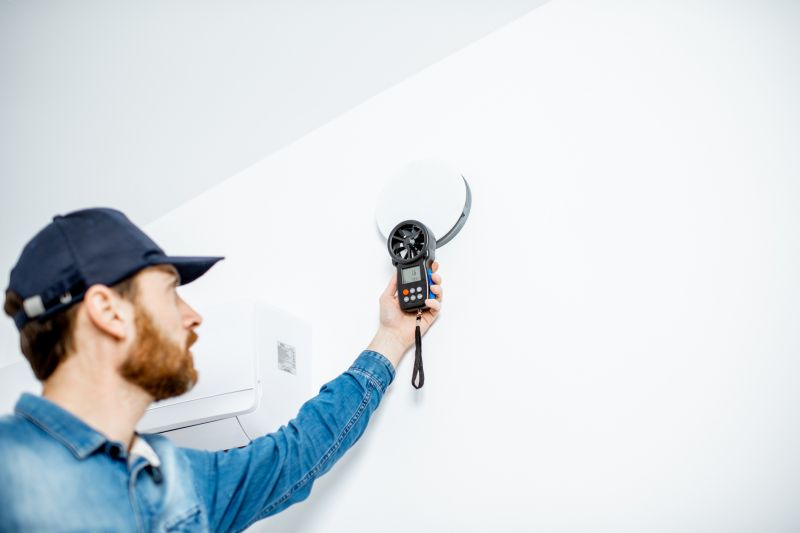
Results are analyzed to determine building airtightness and identify improvement areas.
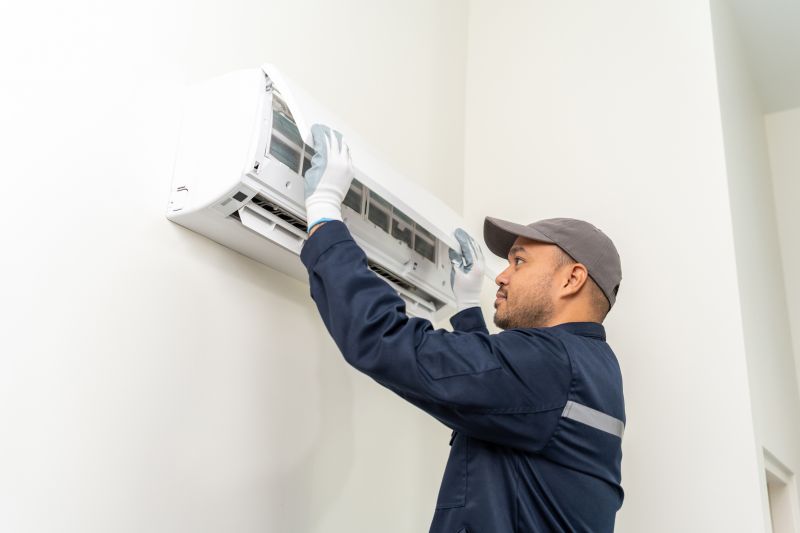
Ways to make Blower Door Testing Service work in tight or awkward layouts.
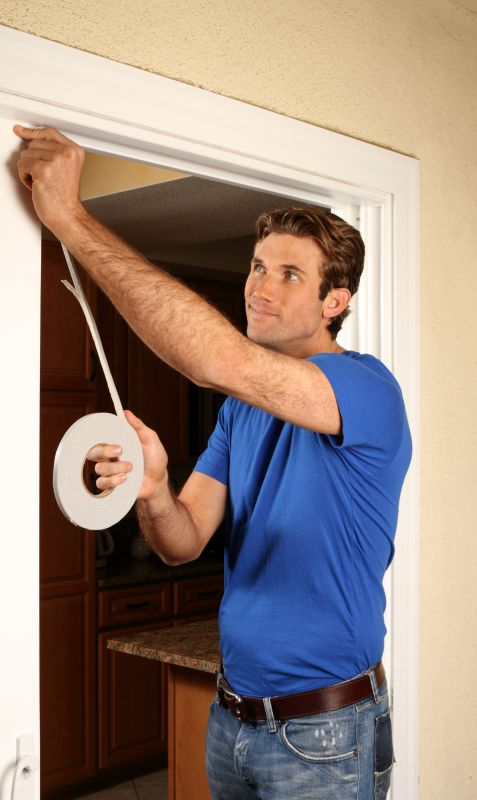
Popular materials for Blower Door Testing Service and why they hold up over time.
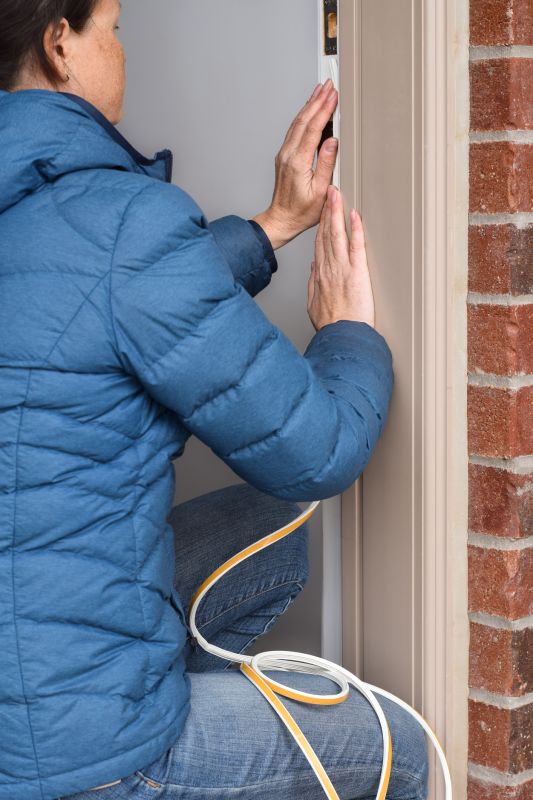
Simple add-ons that improve Blower Door Testing Service without blowing the budget.
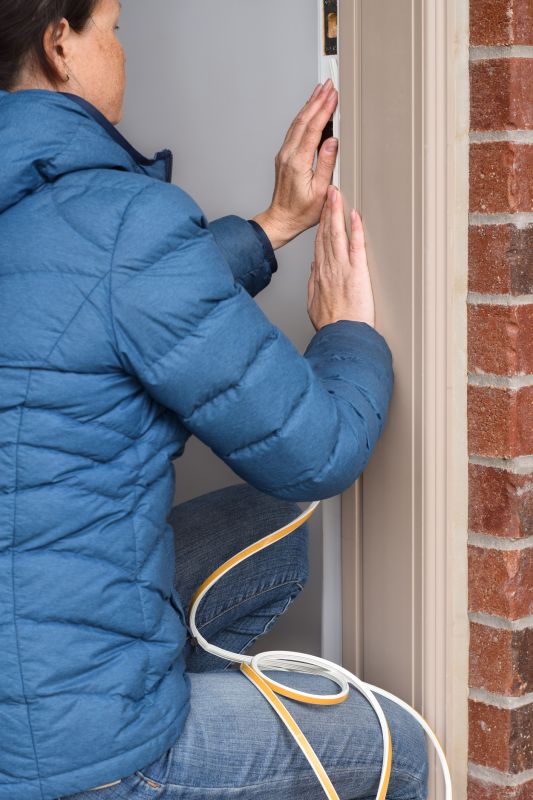
High-end options that actually feel worth it for Blower Door Testing Service.
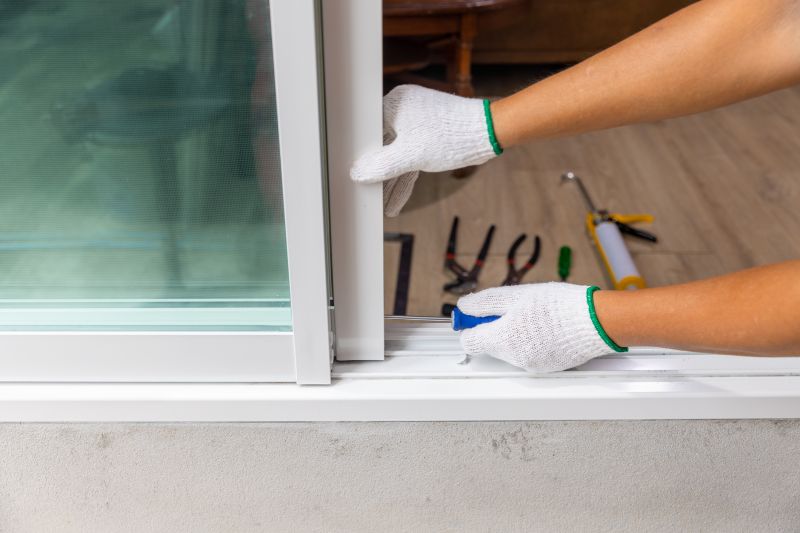
Finishes and colors that play nicely with Blower Door Testing Service.
Blower door testing is a vital process for assessing a building's airtightness. It involves using a specialized fan to create a pressure differential, which helps detect leaks and drafts. This testing not only improves energy efficiency but also enhances indoor comfort by reducing unwanted air infiltration. The accuracy of the test depends on proper timing, environmental conditions, and adherence to testing protocols.
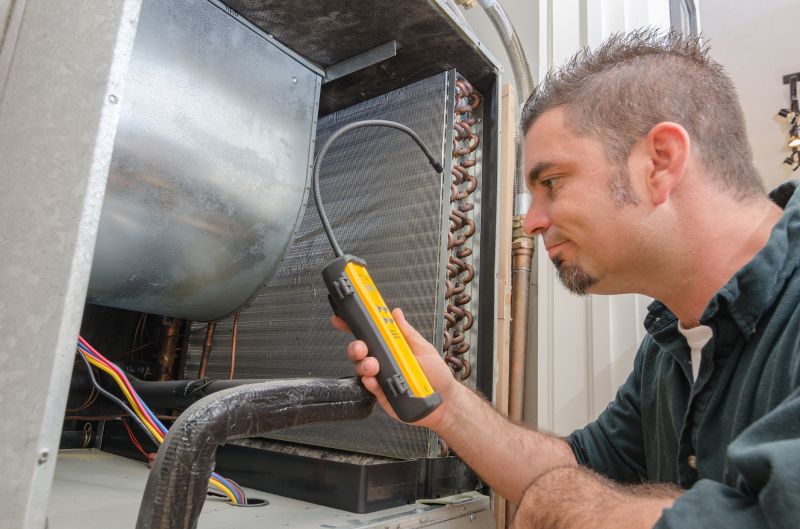
Identifying air leaks to improve building performance.
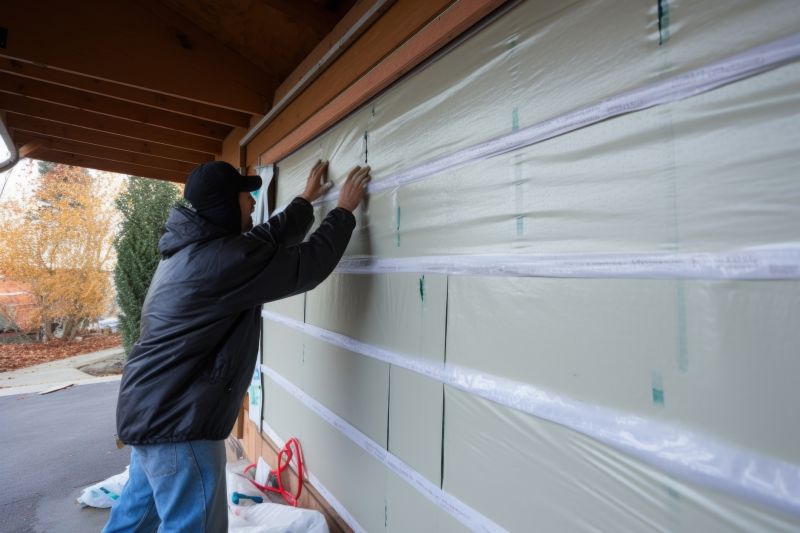
Reducing energy loss through airtightness improvements.

Minimizing drafts and maintaining consistent indoor temperatures.
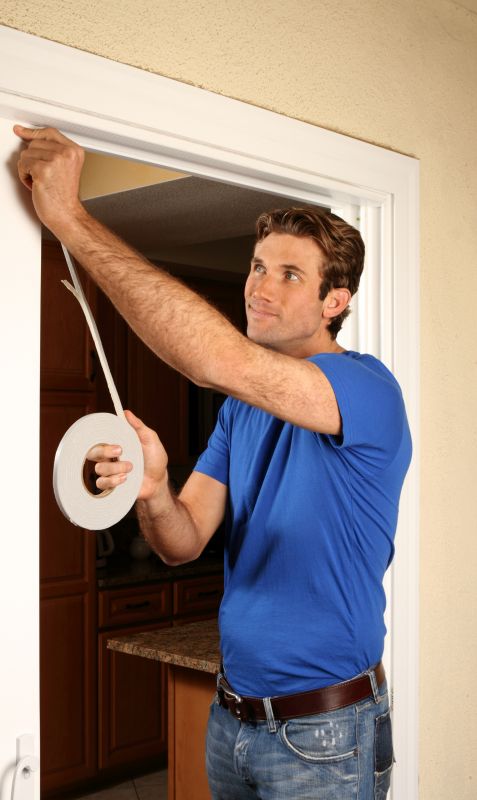
Providing data to inform sealing and insulation strategies.
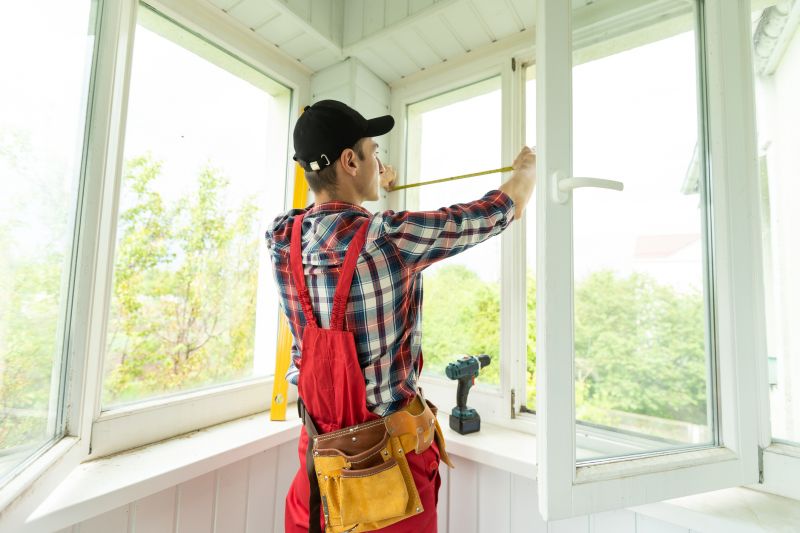
Little measurements that prevent headaches on Blower Door Testing Service day.
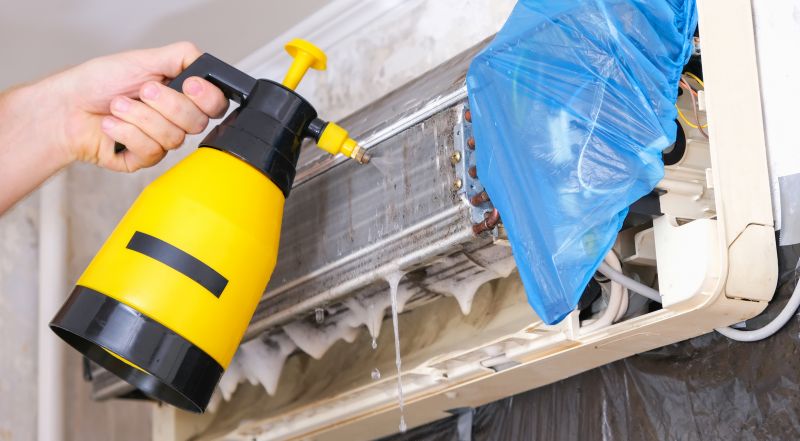
A 60-second routine that keeps Blower Door Testing Service looking new.
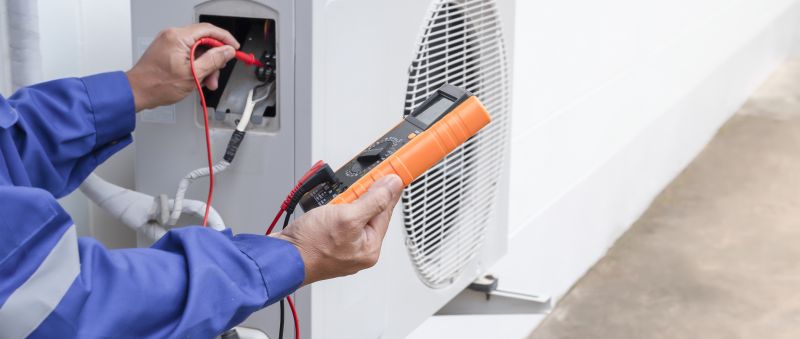
A frequent mistake in Blower Door Testing Service and how to dodge it.
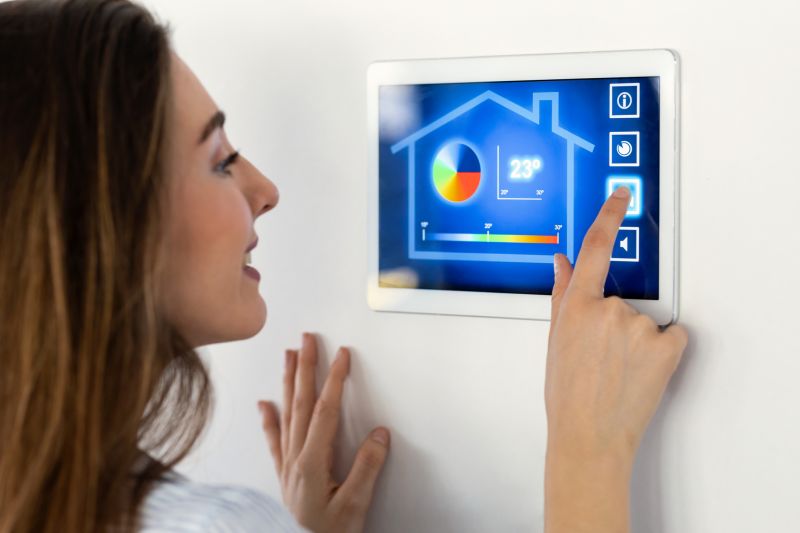
Small tweaks to make Blower Door Testing Service safer and easier to use.
| Ideal Testing Period | Reason |
|---|---|
| Spring and Fall | Moderate temperatures and stable weather conditions |
| Post-Construction | Ensures all building components are in place |
| Pre-Occupancy | Allows for sealing before occupancy for energy efficiency |
| Avoid Extreme Seasons | High winds or temperature extremes can skew results |
| Weather-Quiet Days | Minimize external influences for accurate measurements |
Scheduling blower door testing during appropriate times enhances the accuracy of results and supports effective building performance improvements. Proper timing ensures that external factors do not interfere with measurements, leading to reliable data for energy efficiency and indoor air quality enhancements.
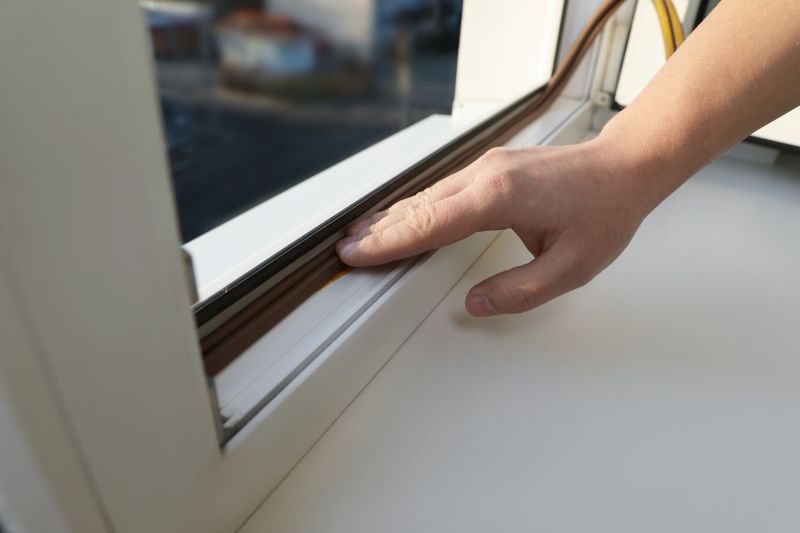
Using test results to guide sealing efforts.
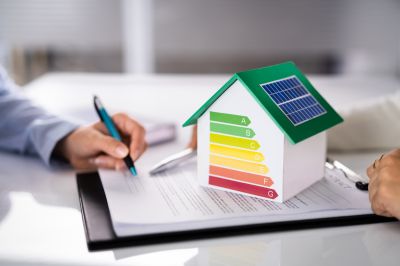
Achieving better energy performance through airtightness.
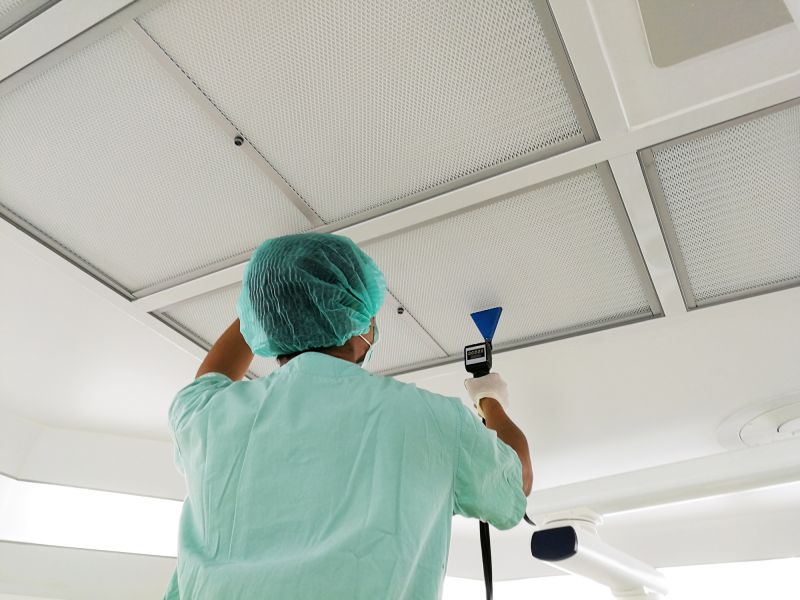
Reducing drafts and improving comfort.
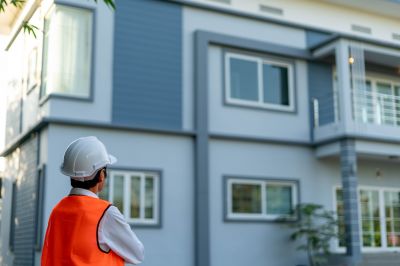
Supporting energy audits and efficiency upgrades.
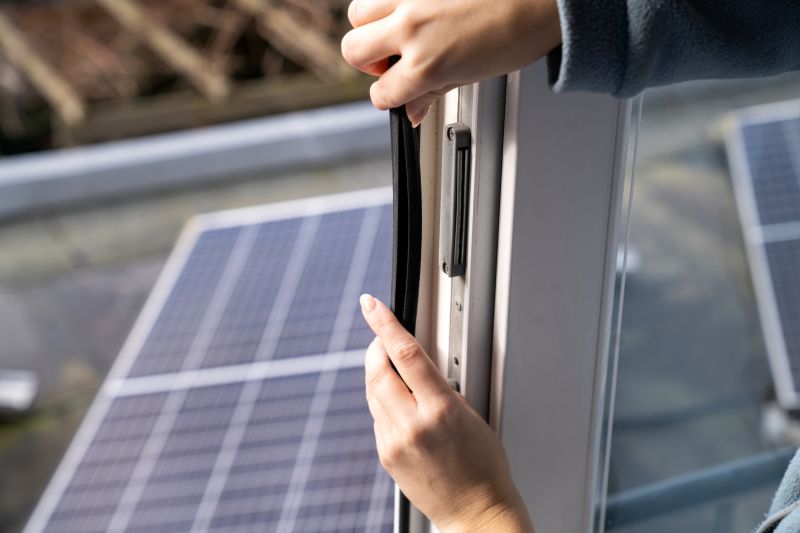
Lower-waste or water-saving choices for Blower Door Testing Service.
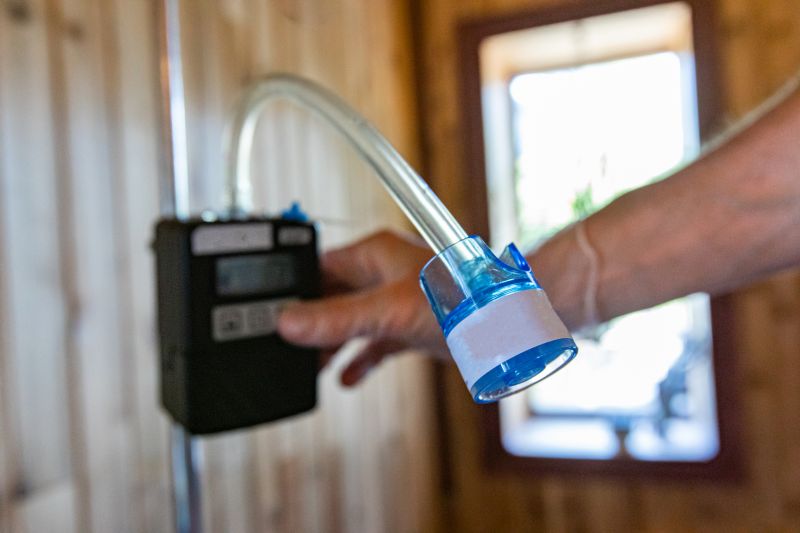
The short, realistic tool list for quality Blower Door Testing Service.

Rough timing from prep to clean-up for Blower Door Testing Service.
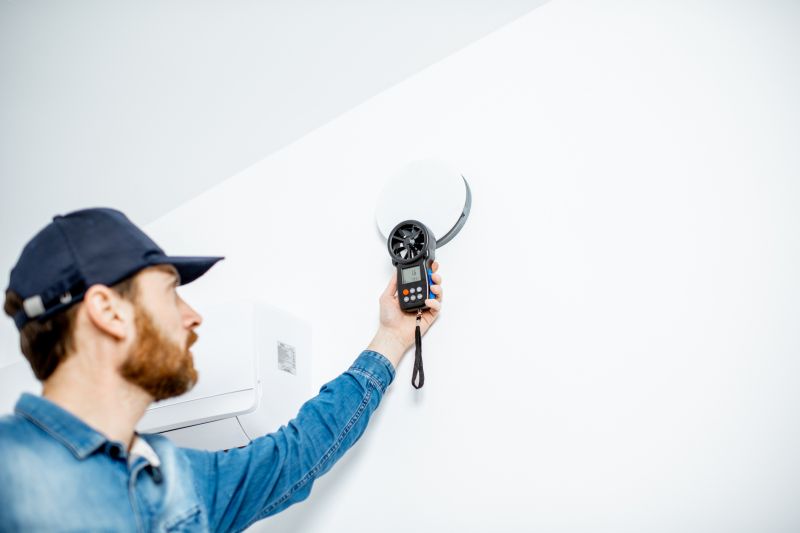
Quick checks and paperwork to keep after Blower Door Testing Service.
Interested parties seeking to improve building performance through blower door testing are encouraged to contact for scheduling and consultation. Proper timing and execution can significantly impact the effectiveness of air sealing strategies and energy efficiency measures.
